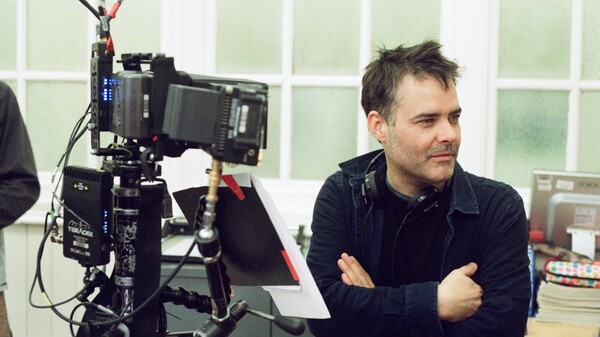The Chilean who filmed women
PostED ON OCTOBER 17 2022
A closer look at Sebastián Lelio, who will introduce and premiere his new film, ‘The Wonder’.
He has established himself on the international stage with modesty and humility, creating magnificent portraits of women, all of whom are seeking to free themselves from various forms of oppression. After three acclaimed debut films, Sebastián Lelio's film ‘Gloria’, presented at the Berlin Film Festival in 2013, added a new dimension to his work, and earned Paulina García a Best Actress award. In this joyful and melancholic portrait of a mature woman who rediscovers pleasure, Sebastián Lelio shows a rare delicacy and sensitivity.
Four years later, he won the Oscar for Best Foreign Language Film for ‘A Fantastic Woman’, which opened the doors to a career in English. He then went on to adapt a novel by Naomi Alderman, ‘Disobedience’, the tale of forbidden lesbian love in London's Orthodox Jewish community. In a sense, the title defines his cinema: "In general," he comments, "the beauty of disobedience in art is that society has given the artist the freedom to explore and try everything, to descend into the abyss, to blur any moral boundaries and explore the dark side. In this sense, in film, music and theatre, disobedience is almost an obligation."

© DR
After a brilliant self-remake of ‘Gloria’ called ‘Gloria Bell’ starring Julianne Moore, he has now adapted a novel by Canadian Emma Donoghue (whose previous book provided the material for the film ‘Room’). The script is co-written by playwright Alice Birch, a committed feminist figure on the English scene. Set in the 1860s, ‘The Wonder’ tells the story of a rationalist nurse (played by young English actress Florence Pugh), trained in modern nursing by Florence Nightingale, whom she accompanied during the Crimean War, and a community that wants to believe in the miracle of a little girl who claims to feed on "celestial manna" and has survived without food for several months.
“In the film, the focus is on a female body, which is controlled by external narratives," explains Sebastián Lelio. “Here, everyone wants to impose their own narrative, distorting reality. That is the definition of a fanatical position. It is a film that is part of today's world: it is about the present. The fact that it is a film set in another era is part of the game, part of the illusion, but that’s not the point. It's not about 1862, it's about what's happening in every era and, unless we free ourselves from the cancer of fanaticism in all its forms, it will keep on happening.”
Aurélien Ferenczi
The screening (premiere)
The Wonder by Sebastián Lelio (2022, 1h43)
Pathé Bellecour Mon. 17 6:15pm

